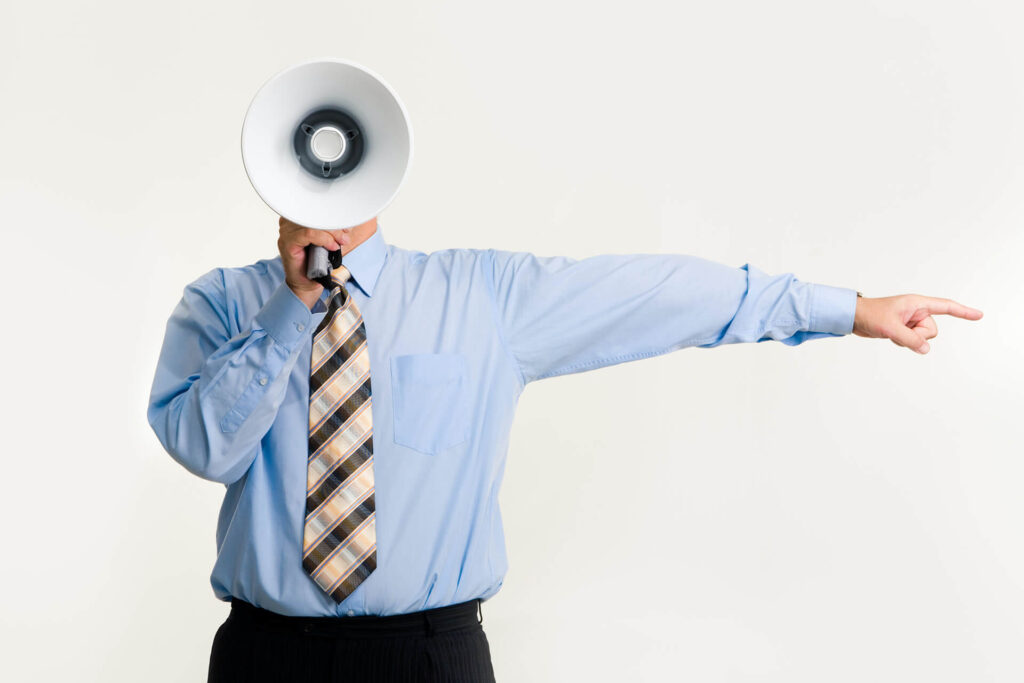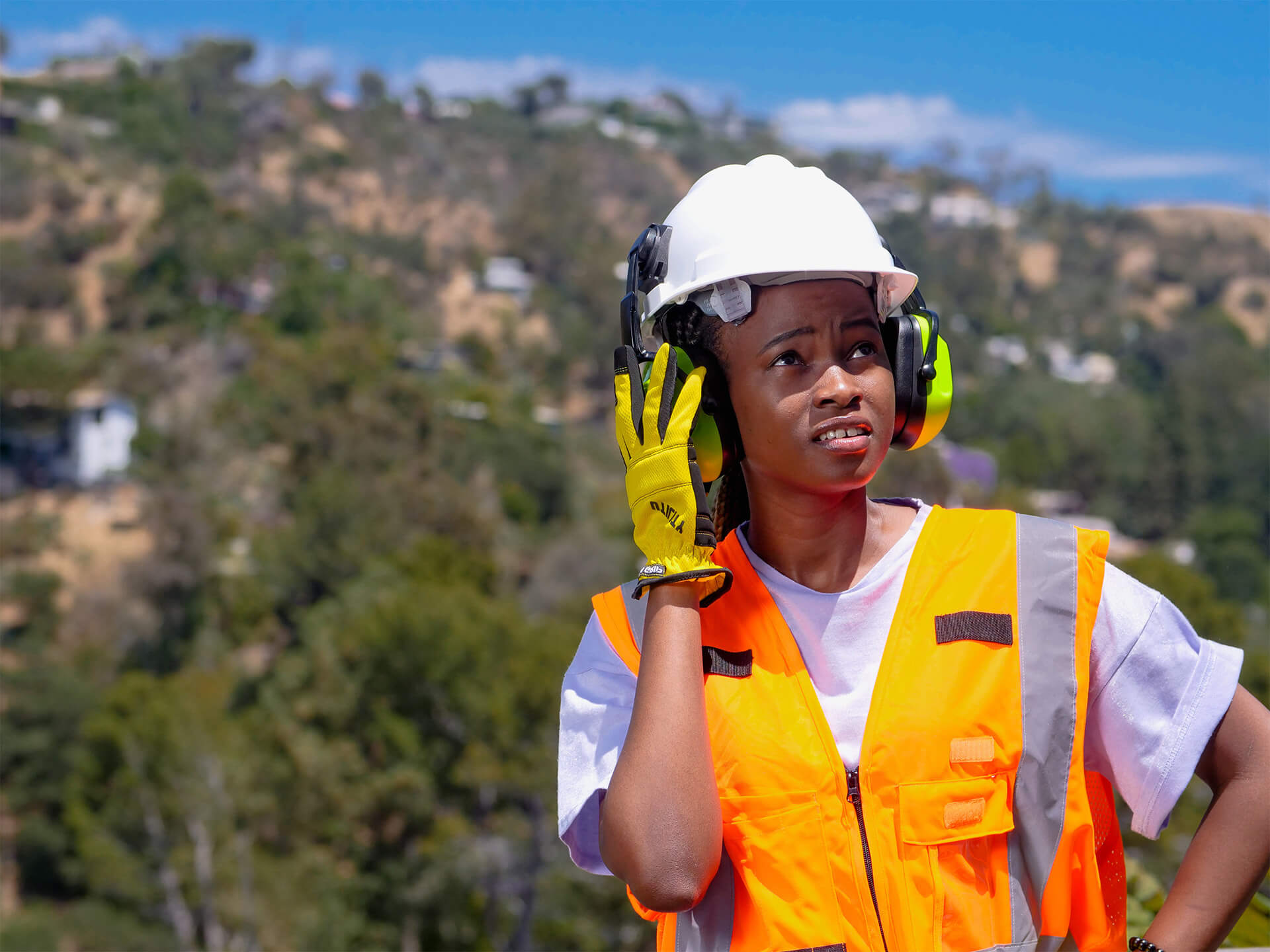According to the Centers for Disease Control and Prevention (CDC), occupational hearing loss is one of the most common work-related illnesses in the United States. Twenty-two million workers are exposed to potentially damaging noise each year.
Most people with hearing problems don’t realize they have hearing loss until it’s too late. Even then, you might not realize that your hearing has gotten markedly gradually worse because you no longer have a reference point to understand what healthy hearing is.
Table of Contents
- Ways to hurt your hearing
- What is Noise-induced hearing loss (NIHL)
- What makes your job too loud?
- Professions that can cause hearing loss
- Airline ground staff
- Construction workers
- Professional Drivers, Truckers, and Couriers
- Firefighters, Police & Ambulance crew
- Miners
- Carpenters
- Lumberjacks
- DJs, Musicians, and staff in nightclubs
- Railway workers and Subway conductors
- Farmers
- Garbage collectors
- Gardeners
- Military
- Teachers
- Blacksmiths and welders
- Hearing Loss Workers Compensation Benefits
- Sources
Ways to hurt your hearing
There are two most common ways to hurt your hearing capacity:
- One-time exposure to an intense sound: This type of hearing loss occurs when you are exposed to extremely loud noises, even for a short period, such as shooting a firearm, which only takes one gunshot to do permanent damage if not protected accordingly while shooting.
- Repeated exposure to loud sounds: When you experience repeated damage to your hearing over time, it can eventually lead to hearing loss that will impact your quality of life.
What is Noise-induced hearing loss (NIHL)
Noise-induced hearing loss (NIHL) is sensory neural hearing loss due to exposure to intense impulse or continuous sound. Exposure to noise can be occupational or nonoccupational.
The audiologic profile of NIHL is the presence of sensorineural hearing loss that is most pronounced in the high-frequency region between 3,000 Hz and 6,000 Hz of the audiogram, and the greatest amount of hearing loss is typically around the 4,000-Hz region.
Read More: Ear damage from loud noise – Noise-Induced Hearing Loss and Tinnitus >
What makes your job too loud?
Researches have shown that regular exposure to sounds above 85 decibels (dB) will cause gradual and irreversible hearing loss.
The tiny hair cells in your ear canal that send electrical signals to the brain can be damaged by long-term exposure to loud or high-impact noises. Short bursts of sounds above 115 decibels can quickly damage your hearing abilities indefinitely.
Read More: Noise Hazards at the Workplace >

Source: Pexels
List of professions that can cause hearing loss
1. Airline ground staff
This includes aircraft maintenance personnel, baggage handlers, and airline ground control. Jet Engines usually emit sounds as loud as 140 dB, so take care.
Read More: Hearing loss in the airline industry and among airport workers in the US >
2. Construction workers
Bulldozers, jackhammers, and trucks backing up can bring noise levels to over 120dB.
Read More: Occupational Noise Exposure Among Road Construction Workers >
3. Professional Drivers, Truckers, and Couriers
The constant running of trucks mixed with poor road conditions and congested traffic can cause damage. Riding a motorcycle while delivering packages can cause hearing loss due to long periods of exposure and starting and stopping
4. Firefighters, Police & Ambulance crew
Fire alarms and sirens can reach 90dB, and these emergency responders usually listen to those sounds for long periods of time, and that takes a toll over time.
Read More: Effects of Noise in Ambulance Vehicles – Occupational Health and Safety >
5. Miners
The equipment used in mining creates high levels of sound pollution.
6. Carpenters
Sawing equipment and nail guns can create noise levels between 110-130dB.
7. Lumberjacks
Chainsaws produce noise of 120dB and above.
Read More: Hearing Loss within the Forestry and Timber industry >
8. DJs, Musicians, and staff in nightclubs
Loud venues, speakers, and amplifiers expose the ear to above 115dB of sound.
9. Railway workers and Subway conductors
Trains enter and leave the station at over 100dB and older tracks cause a high-pitch screeching sound and create huge levels of sound that workers are constantly exposed to.
10. Farmers
Loud machinery, tractors, and rotary cutters are just some of the equipment that can damage a farmer’s hearing.
Read More: Hearing Loss Among Farmers and Agricultural Workers >
11. Garbage collectors
Garbage trucks can create between 85 and 100dB of noise, and it’s constant over long shifts.
12. Gardeners
Mowers, whipper snippers, and power tools can produce noise over 90dB
13. Military
Gunfire, aircraft, ships, explosions, drill bells, and shouting can cause irreversible hearing loss.
Read More: What Veterans Need to Know about Hearing Loss and Ringing in the Ears? >
14. Teachers
Classes of 30 children can be extremely noisy, and an 8-hour workday counts as high exposure.
15. Blacksmiths and welders
Smithing and metalworking involve grinding and clanging metal and this can reach over 100dB.
Read More: Welding Work and its effect on the Hearing Loss >
Hearing Loss Workers Compensation Benefits
Hearing loss workers’ compensation benefits are largely undiscovered benefits covering hearing health care, which is often uninsured. Many health insurance policies and programs like Medicare do not cover hearing aid purchases but workers’ compensation can.
It also pays for the disability of hearing loss just as it does for the loss of eyesight or other injuries.
Aging populations, advances in technology, and greater sensitivity to hearing loss are bringing more attention to financing hearing health care. For the most part, those who qualify for hearing loss workers’ compensation benefits are retired hearing-impaired workers who live on fixed incomes.
Always feel free to ask Johnson Law Offices about the process, the law, or an individual case. The legal, medical, and audio-metric questions that come into play in a hearing loss workers’ compensation claim can be complicated.
The claims require attention to detail mixed with an ability to work well with hearing-impaired retirees and their families, especially spouses, and their hearing health care professionals.
Sources
- https://health.clevelandclinic.org/8-jobs-that-lead-to-hearing-loss-and-how-to-prevent-it/
- https://healthandhearing.com.au/which-jobs-are-most-likely-to-cause-hearing-loss/
- https://www.manateehearing.com/10-jobs-that-can-cause-hearing-loss/
Contact Us
If you, or anyone you know, worked in noise and suffers from hearing loss, please do not hesitate to contact us.
Contact Us


